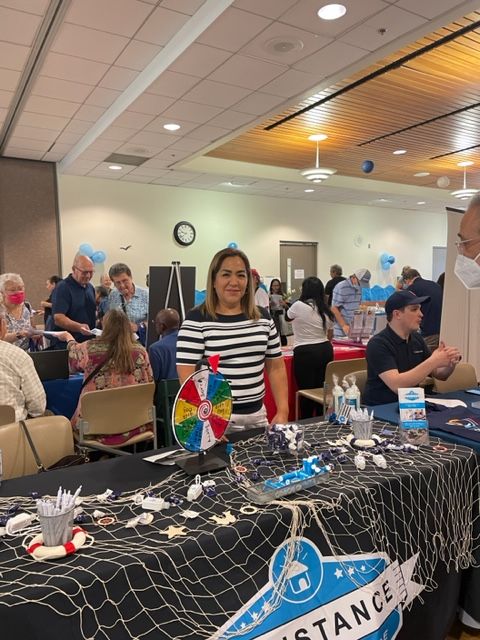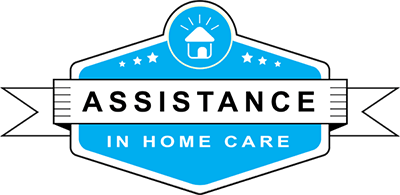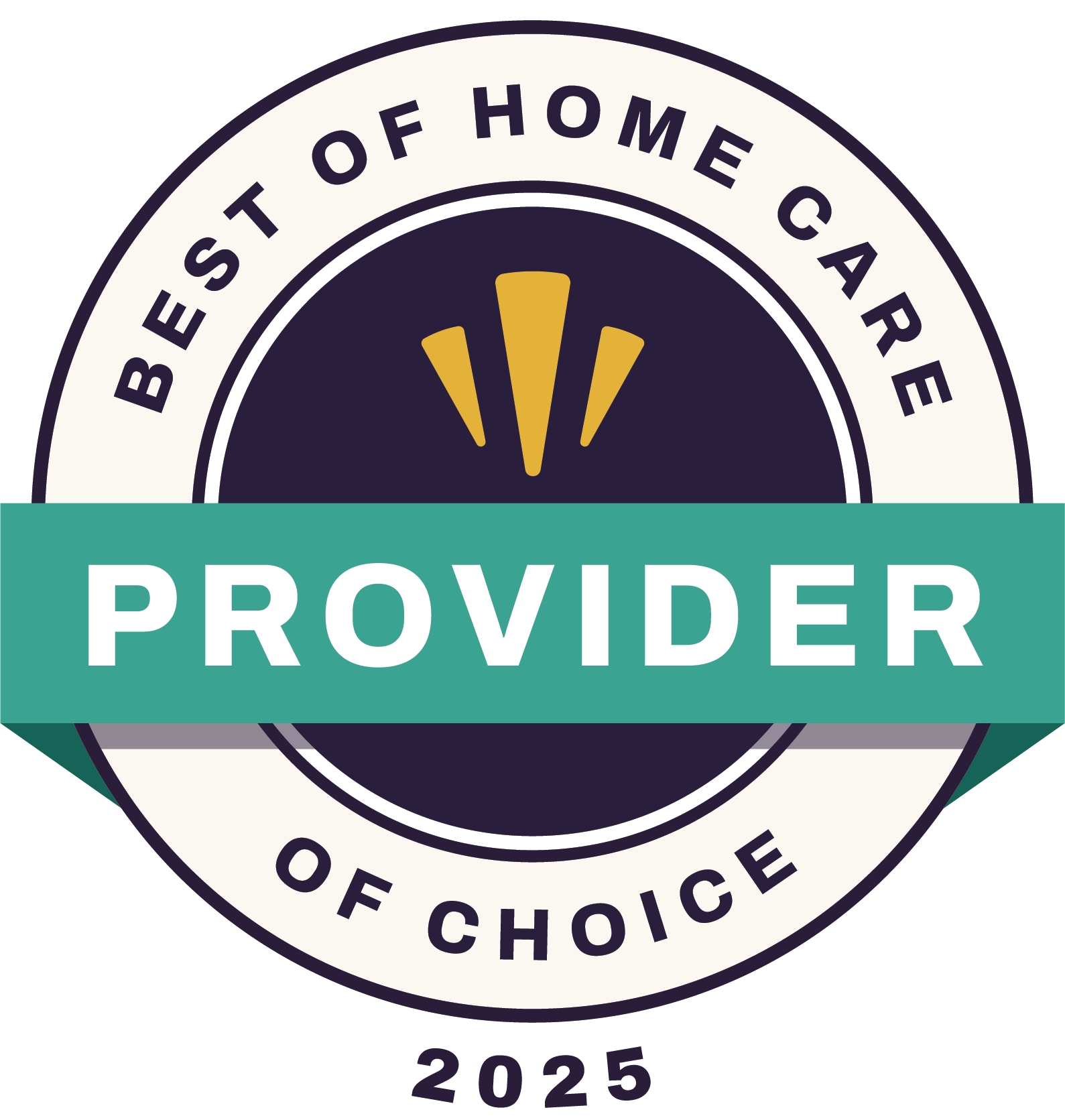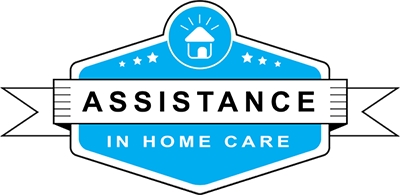Quality Managed Care By A Home Care Industry Leader
Providing assistance with patience, compassion, and integrity
In Home Care Industry Leader
For Us, Clients Come First
We provide our clients and their families peace of mind through individualized, one-on-one home care that is designed to cater to the needs of our clients. Personalized care plans are created after initial assessments of the client’s capabilities, needs, home environment, and preferences. Assessments are free and are very important to help us understand how to best serve our clients.
Our treatments
Assistance In Home Care
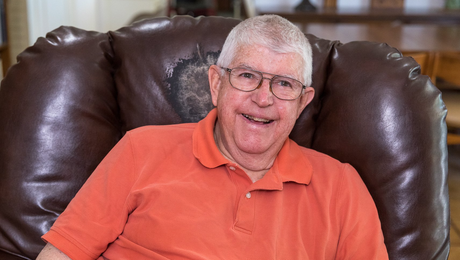
Why Home Care?
Don't worry about the care your loved ones are getting anymore. You can be confident in the level of dedication and professionalism of our entire team.
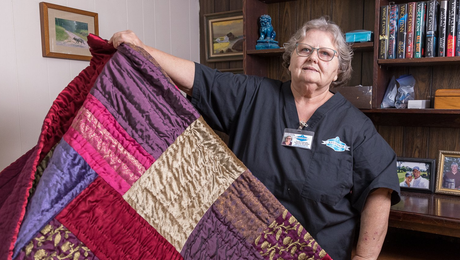
Types of Home Care
We know that not every situation is the same and requires different solutions. Our team is ready to help serve the various needs of our clients.

Let's Get Started
Don't delay any longer. Reaching out to Assistance in Home Care is going to be the best desiccation you've made. We are ready to make your life easier.
SpecializeD In-Home Dementia Care for Your Loved One
Caring for a loved one with dementia requires patience, understanding, and professional support. At Assistance In Home Care, we provide specialized in-home dementia care that promotes safety, consistency, and emotional well-being. Our trained caregivers create structured daily routines, offer memory support, and build trusted relationships that help reduce confusion and anxiety.
Whether your loved one is in the early or advanced stages of dementia, we tailor care plans to meet their unique needs—while giving families the peace of mind they deserve.
Key services include:
- Personalized daily routines and memory-focused activities
- Supervision and safety support to prevent wandering or falls
- Help with personal care, meals, and medication reminders
- Flexible scheduling, including part-time and 24/7 care options
Looking for compassionate, experienced dementia care in the comfort of home?
Assistance In Home Care offers a variety of services
Custom Care & Personalized Solutions
Daily Routines
Healthy lifestyles require consistent personal hygiene, physical/occupational therapy reinforcement, and social interactions.
Medication
We provide medication reminders insuring dosage guidelines for healthy living.
Meal Preparation
Our caregivers assist with meal planning and preparation to fit the preferences or dietary restrictions our clients may have.
Quality of Care
Our Quality Assurance Coordinators visit the home and review personalized care plans to ensure that quality of care is consistent.
Mobility
For clients that can be a fall risk, our caregivers are trained for transfers and safe ambulation.
Disabilities
Patient-centered care allows our experienced caregivers to assist with all aspects of care whether it be a short term recovery or a long term disability.
We Received a Grant to Open a Caregiving School!
And it's now open!
Caregivers can earn up to $6000 by taking classes.
How it works
Expert Care for All Ages
An innovative & meaningful approach to receiving assistance
- Contact Us for In Home Care
- Schedule an In Home Evaluation
- Be Confident in Your Decision
Integrity. Compassion. Professionalism.
Become a Caregiver
One of the most rewarding jobs is caring for those who cannot care for themselves. Our growing population of aging citizens fall into that description and appreciate a kind and helping hand. Find out more about the many opportunities in the area of in home care.
Take a look at our blog


